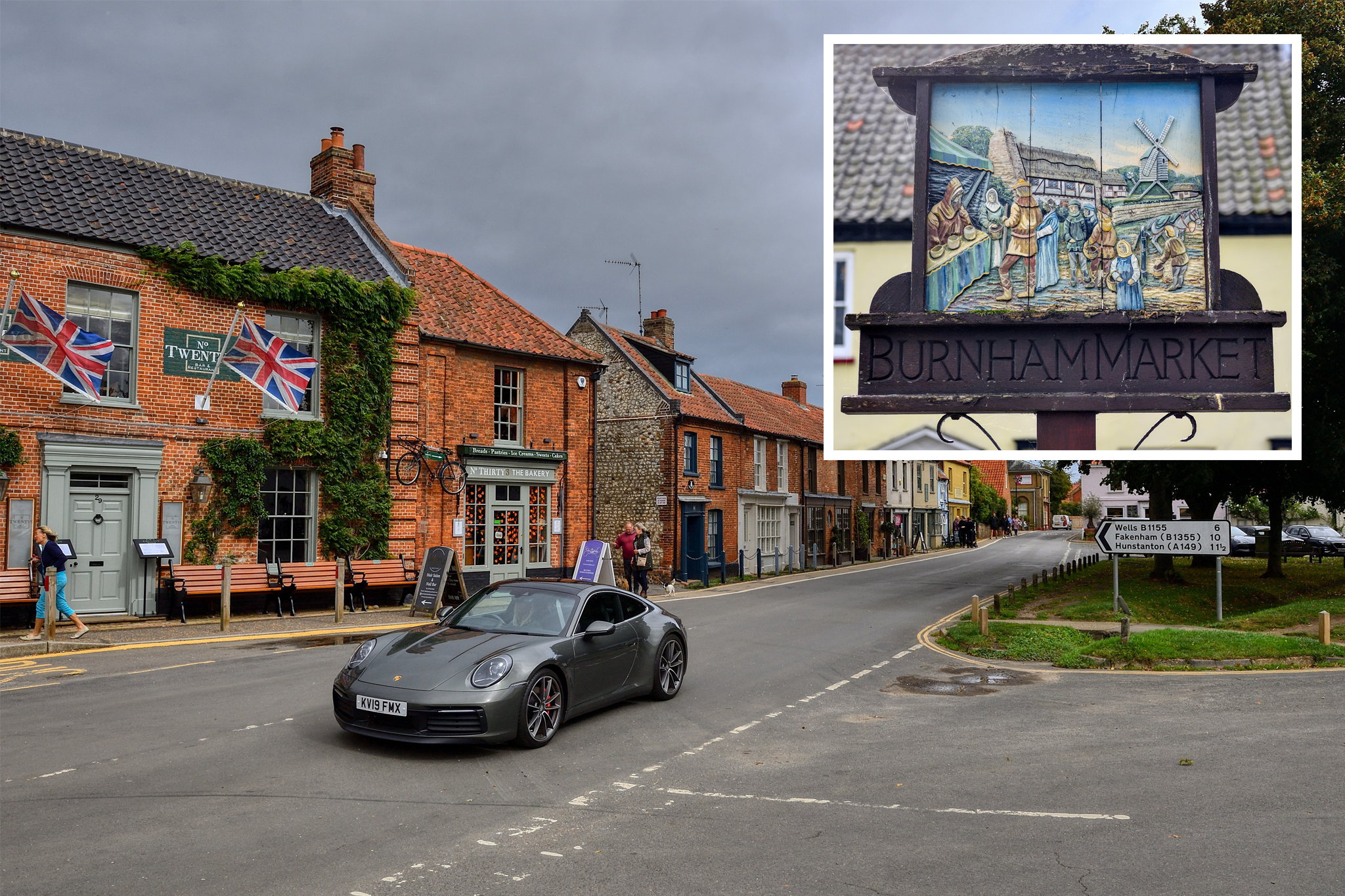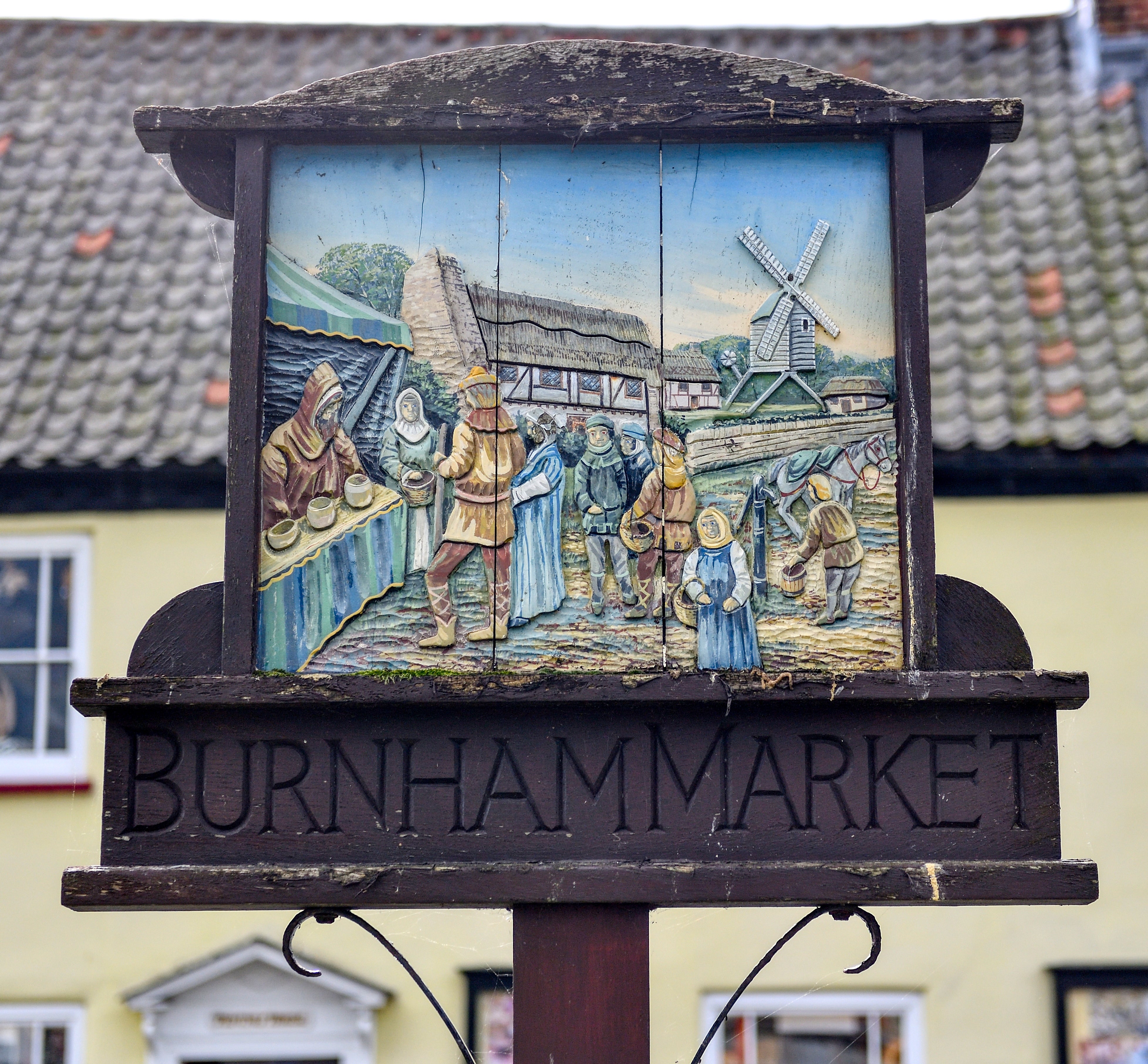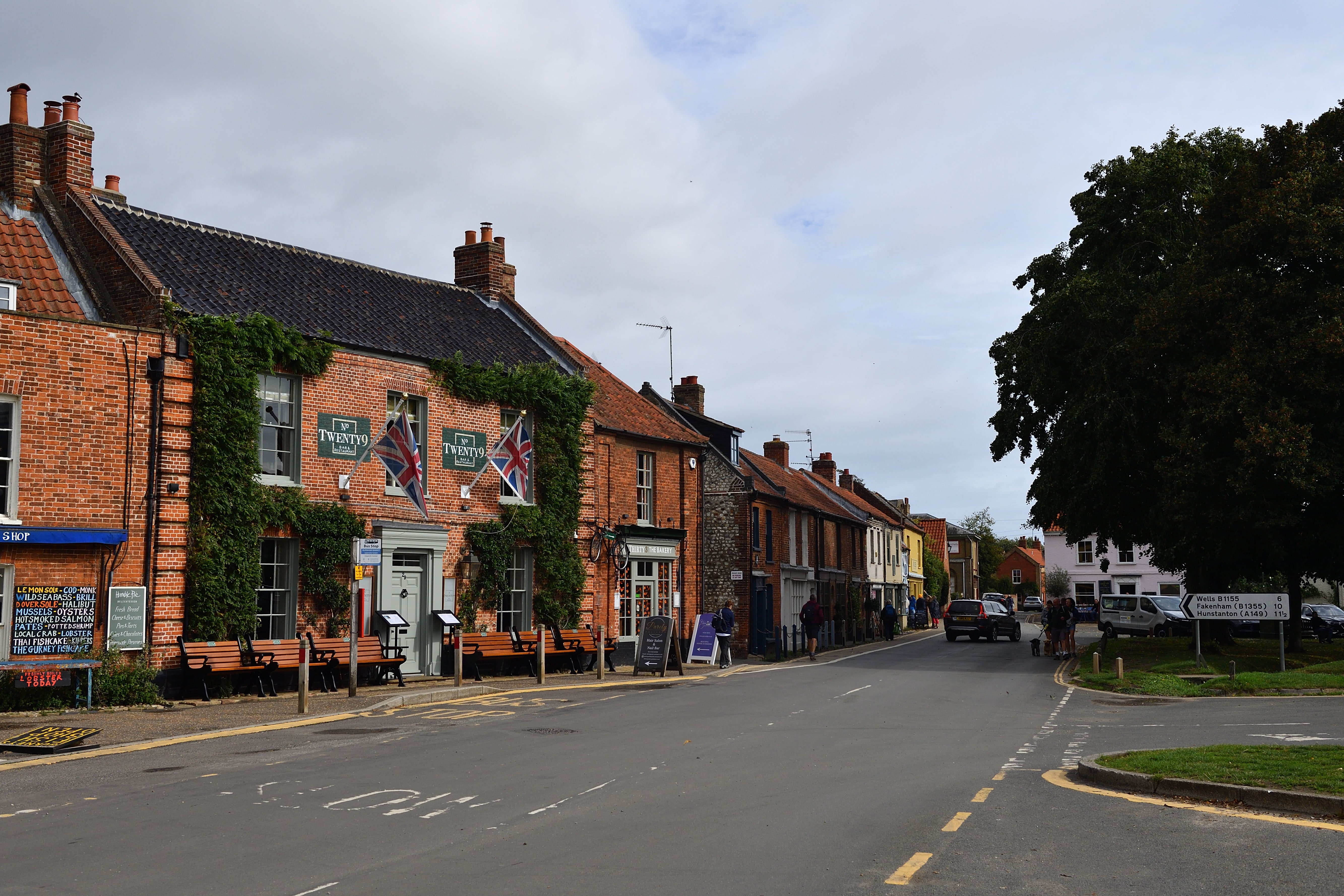Furious ‘Chelsea-on-Sea’ residents vote to ban second homes ‘hollowing out’ seaside village
Burnham Market was given the nickname because of the large proportion of Londoners with property there.

Your support helps us to tell the story
From reproductive rights to climate change to Big Tech, The Independent is on the ground when the story is developing. Whether it's investigating the financials of Elon Musk's pro-Trump PAC or producing our latest documentary, 'The A Word', which shines a light on the American women fighting for reproductive rights, we know how important it is to parse out the facts from the messaging.
At such a critical moment in US history, we need reporters on the ground. Your donation allows us to keep sending journalists to speak to both sides of the story.
The Independent is trusted by Americans across the entire political spectrum. And unlike many other quality news outlets, we choose not to lock Americans out of our reporting and analysis with paywalls. We believe quality journalism should be available to everyone, paid for by those who can afford it.
Your support makes all the difference.Residents in a picturesque seaside village dubbed “Chelsea-on-Sea” have voted to ban people from buying second homes, after complaining the area is being "hollowed out" by Londoners flocking to buy holiday lets.
Burnham Market, where the average house price is now £1m, has been given the nickname because of the large proportion of Londoners with property there.
Outside peak season, residents say the village is left "hollowed out" because of the number of holiday homes left empty in the winter months.
A recent referendum in the Norfolk village has now seen locals overwhelmingly back a bid to limit the number of second homes and holiday lets.
More than 80 per cent supported the introduction of new measures to curb such properties, by putting conditions on all new developments. These require them to be “principal residences” and ban existing homes from being turned into holiday retreats.

The proposals only needed 50 per cent approval to come into force, but in reality, the final figure was much higher.
Dennis Clark, chairman of Burnham Market parish council, said: “It’s a positive move forward for the village because it is what the village wants.
“We don’t want to keep people away from Burnham Market, but we want to encourage lower-cost housing so that the people who work here can live here. We need young people to be able to stay here to keep the village vibrant.”
It is estimated that one in four properties in Burnham Market is a second home, and the population has fallen by more than a fifth in just two decades.
Speaking to The Independent, Anthony Green, 49, is a carpenter and was born and raised in Burnham Market before house prices stopped him from staying there. “I can’t afford to live in Burnham anymore, it’s way out of my budget,” he says. “Some of the homes don’t get used all year round, it’s a waste. I know people who visit their homes once or twice a year and the rest of the year, they’re living in Barbados.”
Mr Green says he can see both sides as 90 percent of his carpentry work is for second homes, however, ultimately he agrees with the decision to stop people buying second homes in the village. “I’ve had no chance of buying a second home around here, so future generations definitely don’t have a chance.”
He says that second home owners often don’t mix well and that the community “hustle and bustle” is now gone as pharmacies, banks, bakeries and other local businesses have shut down to be replaced by “posh clothes shops and cafes.”

He describes the atmosphere as “completely dead over the winter and then awful in summer where the big cars take up all the parking spots and it’s packed constantly.”
However, Abbie Davies, 34, who is a cleaner and owns a laundry in nearby Fakenham said: “A lot of my work is based in Burnham market and without these second home owners I’d be out of work.”
A 2021 census revealed Burnham Market has 724 residents. Of them, some 635 people were eligible to vote in the village, with 201 casting their ballot – a turnout of 32 per cent. In total 161 – 80.1 per cent - voted in favour and 40 – 19.9 per cent - voted against.
The average house price in the village is now £1m and, as in other villages in the area, locals say they are being priced out.
Those who remain have warned of the area being ‘hollowed out’ by the large number of properties which are often left empty.
Now the proposals have been approved they will become part of the village’s neighbourhood plan which will be used to guide West Norfolk Council when determining local planning applications.
Additional reporting by SWNS.



Join our commenting forum
Join thought-provoking conversations, follow other Independent readers and see their replies
Comments